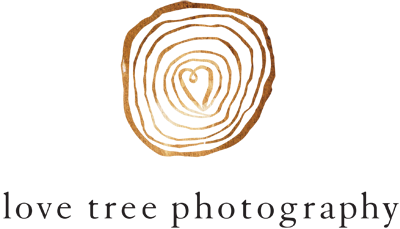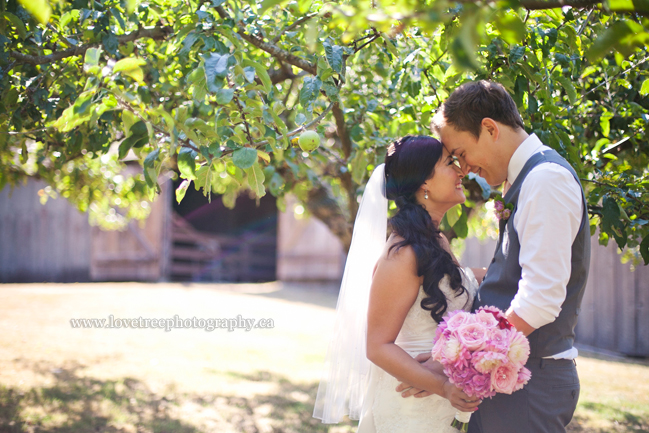
What Questions Should You Ask A Wedding Photographer
What Questions Should You Ask A Wedding Photographer
Each week I spend most of Wednesday and Thursday in my office meeting with couples for various reason. For a majority of those meetings I’m meeting a couple for the very first time as their initial consultation. Over the years I’ve been asked a lot of questions during those interviews (some good, some bad and some just plain strange) and it’s really made me think a lot about what is important to ask your wedding photographer before you hire them, and what isn’t.
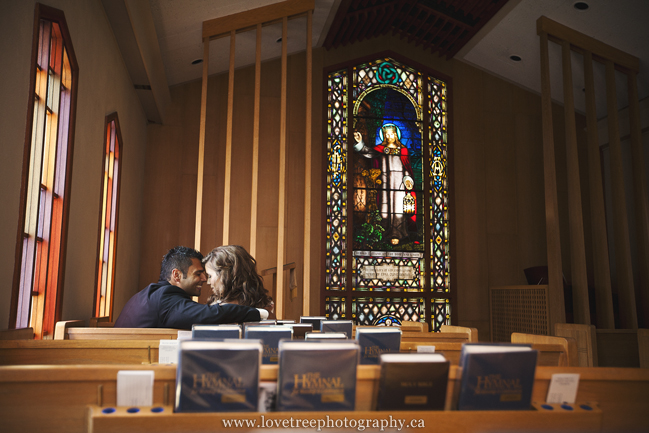
Purchase any wedding magazine and it probably has a planner or guide in the back with a bunch of questions to be sure to ask your wedding photographer. Sometimes couples bring the list from the magazine with them and we check them off one by one.
The list says things like this:
“How far in advance do I need to book you?” (If you’re in for a consult the date is open, so that’s advance enough!)
“Will your assistant be taking photos as well?” (Assistants don’t take photos, second photographers do)
“Is your portfolio current, and can I see it?” (Would I really post an old portfolio? Trust me, you don’t want to see what I was shooting back in my college days, it was like weird cat pictures.)
“Can I give you a list of shots to take?” ß (This one made me want to curl up and die as my freedom to create is sucked from me.)
“Do you shoot in film or digital?” (Doesn’t matter if I can rock it, does it? Film can be scanned, digital can be made to look like film – heck I could probably shoot your wedding on an iPhone and rock it. Photographers can tell the difference but most consumers cannot.)
“What kind of equipment do you use?” (I shot my first wedding with a rebel and a 50mm lens. Sure fancy equipment is very nice to own and certainly makes my job a lot easier, but I could shoot your wedding on a rebel with a 50mm lens again today if I needed to and make it look amazing. Just ’cause you have a nice stove doesn’t mean you can cook.)
Sometimes I get totally off the wall questions like:
“What ISO do you shoot at?” (Well my friend, whatever ISO the situation calls for, also you don’t know how cameras work, do you?)
“Can you do pictures where the background is out of focus and we’re just in focus?” (Yes, I can control my depth of field, anyone who can’t should not be shooting weddings or, anything, really.)
“Can you Photoshop dinosaurs into our pictures – we think it would be hilarious.” (The answer is I could, but no.)
“Can I have the RAW files to print from?” (You can’t print from RAW files – they are just data, they aren’t even a picture. In fact the picture you see when you pull them up in a program like Photoshop is just a generated JPEG preview of what the file SHOULD look like according to Adobe. You can print from an exported file such as a JPEG or PNG or sometimes a TIF depending on the lab). Another thing to note – unless you have a very expensive program to open your RAW file (such as Lightroom, Photomechanic, Aperture, Photoshop etc) you won’t even be able to view the RAWS.
Well the truth is these questions are not really all that valid to ask at a meeting. (Unless photoshopping dinosaurs in your wedding pictures is a deal breaker for you)
If I were hiring a wedding photographer I’d have a whole other set of questions to ask them, and I’ll explain why these questions should be a lot more pertinent during the interviewing process than the ISO I’m shooting at.
OK, here we go:
“Do you shoot weddings full time?”
Why this is important:
Let’s face the facts: Photographers who have other day jobs have a lot less at stake if they completely screw up your wedding. In fact, they have a whole other income to rely on, and if they lose their job as a photographer because they wrecked your wedding, and your rant on YELP went viral it’s not the end of the world. For me, I am a full time photographer. I have no other job to go back to. My main focus is weddings, it’s really all I shoot. (And with some sweet talking, portraits/maternity for pre-existing clients etc.). If I screw up a wedding there is a good chance that couple is going to talk about it. And if they talk about how awful I was I won’t get bookings. If I don’t get bookings I starve.
This is not an option for me.
I have to shoot my best at every wedding I do. I have to constantly exceed expectations. People don’t talk when you meet their expectations. They talk when you absolutely blow their mind – so that’s my goal every wedding. If I were hiring another photographer I’d want my mind blown by their work.
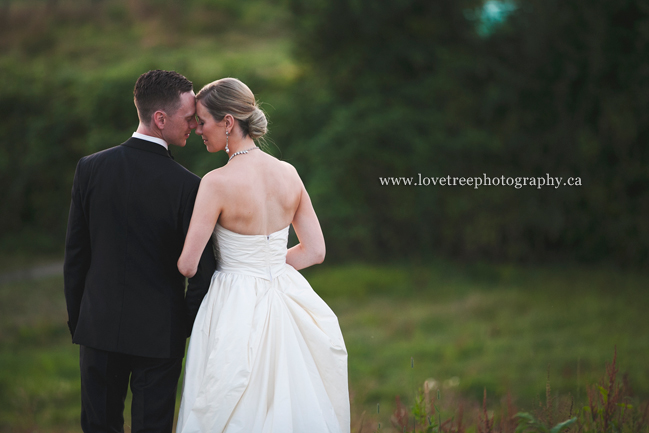
“Can I see a wedding you’ve shot for a client from start to finish?”
Why this is important:
Little secret. Photographers only put their best work online. (Duh, why would you put your worst up?) So it’s easy to get swept up in the emotion or beauty of a handful of pictures that they really worked the editing on – BUT what about the rest? I’ve worked with a lot of other photographers over the years – the ones who are good are consistent from beginning to end, but a major sign of an inexperienced photographer is inconsistency. I made this mistake myself when hiring a second shooter back in the day. Their online portfolio was amazing, but when I got back their negatives about 50% of them were underexposed beyond recovery or blurry. It was like they panicked and shot without checking their settings. I always shoot enough to cover my second’s butt, but it still made me feel really deceived and I wondered how their own clients felt about their images. So make sure you know how the whole day is going to look, not just the portraits they have time to set up lights for and pose, but the whole day, including moments that happen in the blink of an eye. A full wedding gallery will give you a good idea of what you can expect from them.
To me you should be able to pick any wedding from their blog, see the entire wedding from start to finish and then follow up with a reference from the client to see if they were happy. If they won’t provide that then they have something to hide.
The portfolio I’m seeing – is this work from the actual photographer I will have on my wedding day?
Why this is important:
This can be tricky, as multiple photographers may work for a studio or under another photographer, and it’s important to know whether or not you will be booked with an associate or not. We have a variety of photographers who work with us as assistants, associates and seconds. We are very clear that the work shown during the consultation is that of the actual photographer they are sitting down with during the consultation (99% of the time it’s me, but we have had others shoot with and for us in the past). I would be very upset if I connected with a particular photographer and someone else showed up at my wedding. Second shooters are sometimes not selected until closer to the wedding date, but feel free to ask your photographer to provide you with a portfolio from their second shooter. If you do not like the second shooter’s work or personality you should feel comfortable enough to speak up and say so. (Maybe not to their face but a quick email to the primary photographer should do the trick!)
Are you part of an association (which ones) and have you won any awards or had your work published?
Why this is important:
Not every good photographer is associated with a collective, and not every photographer in a collective is good BUT it’s a good place to start screening. Memberships are expensive – not worth paying for someone who doesn’t shoot full time or make a good income from photography. They are beneficial for professional photographers because they a) provide a network of strong photographer who could step in and cover for them in the event of an emergency, illness or death (which is rare, but could happen) and b) often associations require the photographers work to be scrutinized by a panel of judges (either by accreditation, like in the PPOC, or through contests or salons) If your work sucks it might get past the unknowing consumer eye, but it’s not likely to get past a panel of professional photographers. Awards are nice to have – it means that the photographer’s work has not only been Ok’d by a panel of photographic judges, but has risen above and beyond what most photographers are churning out – and that’s a feat because there are A LOT of photographers out there. Publications are also good to have, be it in printed format or on a blog. Bad pictures don’t usually get published in reputable magazines or in reputable blogs/websites, also a good way to screen out potential candidates.
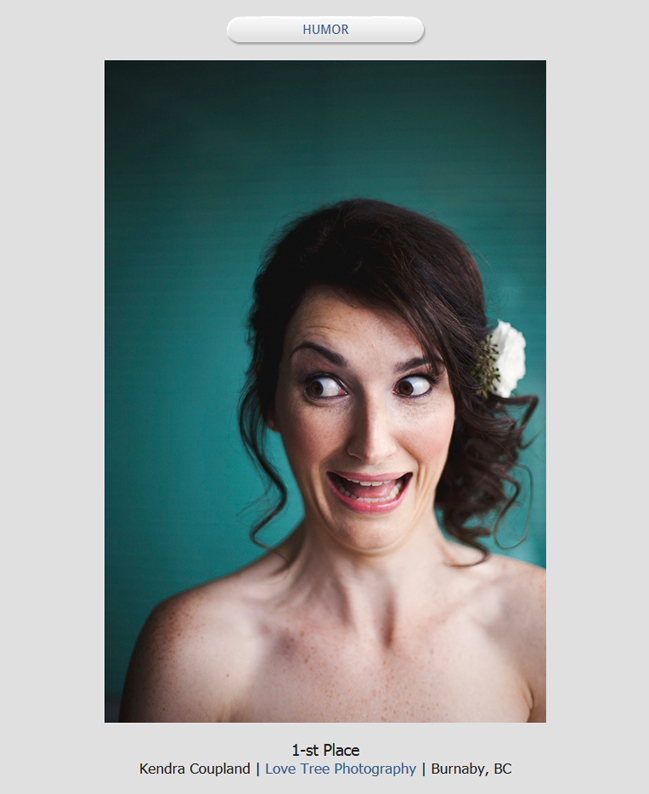
Do you have a written contract, and how does it protect me as a consumer?
Why this is important:
If your photographer screws up your wedding pictures and it goes to court it will be he said / she said without a solid contract in place. Contracts can be daunting but they are intended to protect both parties. A good contract will protect both the photographer and the consumer by outlining exactly what is to be expected from both parties.
A good contract should include when/how deposits and payments should be made and the amounts. It should state what you can expect to receive back from your photographer (proofs, prints, albums etc.) It should outline what will happen in the event of an emergency and they have to cancel (Ie; do you get your money back? Will they keep your money and send an experienced replacement photographer who has a similar style to them?) What is expected of the clients (Do you need to feed them? If you want to add time to the wedding when do you need to let them know by?) and what is expected of the photographer (Will they be dressed appropriately? When will they deliver proofs/prints/albums?)
Most importantly, who owns the copyright – the Canadian government says the Photographer, if it’s not otherwise stated – BUT consider that you only require a license to print the images. Many contracts include a license to print the images or share them with friends & family / use them for personal use only. (Meaning they cannot be used commercially or altered in any way) Be clear on the terms of your license.
Those are important questions you should ask any potential wedding photographer as it will give you insight into how they work, which will have the largest effect on your day overall. Equally important questions you should ask yourself after your consultation:
“How did that photographer make me feel?”
Were they pushy and demanding? Too quiet and meek? Because that’s likely to be reflected in their shooting style – regardless of their personality if you make a really good connection with them they are much more likely to deliver images you love.
You wouldn’t believe how many times I’ve met a photographer I looked up to and loved the work of and they turned out to be a real jerk of a person. Their work is lovely but I’d never let them shoot my wedding day because I know they’d stress me out with their attitude. For me I love quirky, fun people with a lot of energy, because that’s who I am, and it’s what I love shooting. My most painful weddings I’ve had to shoot have been those that I am more excited than the couple about their wedding. Clients who dread their wedding are probably not for me.
Did I feel comfortable being open and honest with this photographer? Do I trust them?
To me this is probably the most important question you can ask yourself. As photographers we get to hide behind a camera without having to let our walls down a lot of the time. You, as the subject of an image on the other hand are often in a vulnerable position.
My clients are sometimes nude or partially dressed early on in the day(I’m sometimes there before they’ve even had a cup of coffee!), and even once they are dress they are involved in intimate acts (and no I don’t mean sex, get your mind out of the gutter) I mean emotional moments like sharing a tearful moment with a friend or parent, or hearing how much they are loved by a brother or sister, or seeing the love of their life at the end of the aisle for the first time. Sometimes it’s just a deep kiss, or a snuggle or just embracing each other in a way you might not normally in a room with someone who has a camera, but in a way that you might intimately when it’s just the two of you in a room, and you are trusting your photographer with that emotion. You are trusting that you will feel safe enough to really let yourself go, and not have to hold back half way. You trust them to be respectful of it, and to shoot it in an honest way that is visually interesting. There needs to be enough trust to say “I don’t feel comfortable doing this.” OR maybe just enough trust to say “Promise you won’t make my arms look fat if I do this.” Discussing your concerns, and things you are self-conscious of openly with your photographer will help them to shoot you in a way that you will like. People are afraid of being perceived as vain, but the truth is we see ourselves differently in a mirror than other people around us see us. Feeling safe enough to discuss valid concerns is key.
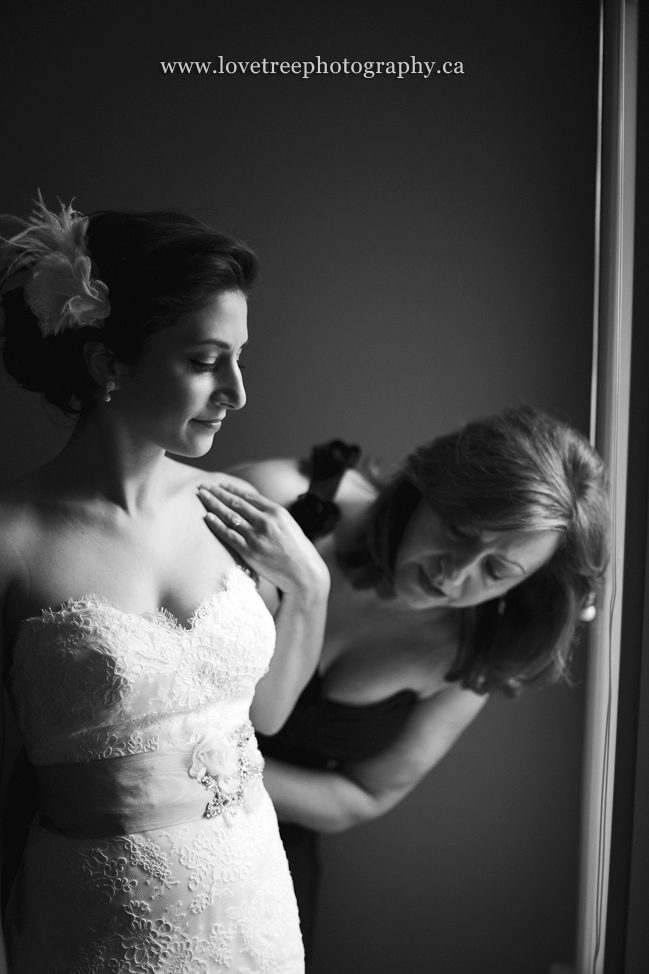
Whatever questions you ask I think confidence should be key. Your photographer should feel comfortable and confident answering just about anything you throw at them, and you should feel confident with whatever decision you make when you leave.
Your gut feeling is usually right. If it comes down to two photographers, and one is cheaper than the other I say forget the prices for a moment and really consider the one you made the better connection with – because you can’t redo a wedding day, and that connection cannot be replaced by a dollar sign. If the photographer is awful to work with on the day of you might regret having saved that extra $200.
Instincts rarely lie, so trust them!
